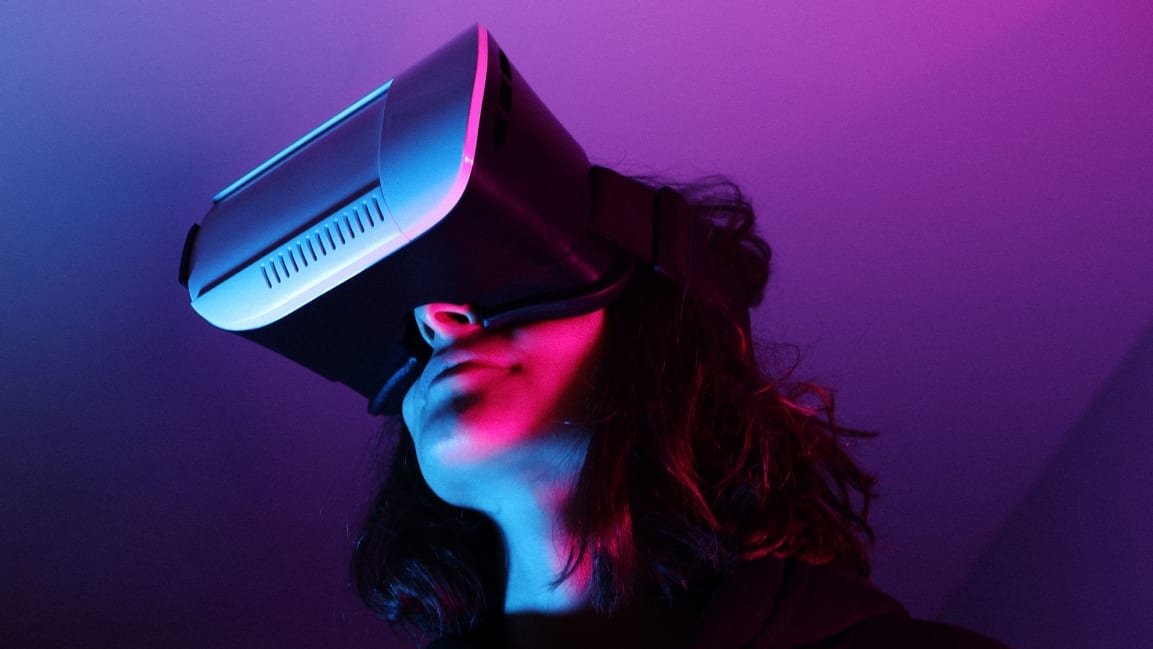If the metaverse is the future of social media, teens aren’t convinced
If the metaverse is the next generation of digital life, it will have to sell itself to the next generation of digital kids. But according to a survey of the Gen Z cohort, many teenagers are skeptical over the idea of a vaguely defined online world, despite the hordes of young people on game platforms like Roblox, Minecraft, and Fortnite.
Half of the 7,100 teens surveyed in financial firm Piper Sandler’s biannual Gen Z research project said they were unsure, or had zero intention, of purchasing a device to access the metaverse, such as a virtual-reality headset. Meanwhile, just 9% said they were interested to the point of making a purchase, and 26% said they already own a device. Of that 26%, only 5% entered the metaverse daily, and 82% less than a few times per month.
While those figures might seem to trample ambitions for a sprawling network of cool kids and influencers, companies still appear hopeful, with metaverse-like gaming platforms offering up a steady stream of festivals and concerts with popular musicians like Lil Nas X, BTS, and Ariana Grande. (In fact, those events have smashed records, drawing tens of millions of viewers.) Meta launched Horizon Worlds in December, the first experiment in its stated quest to dominate the future of VR. And others are targeting an even younger crowd, with Fortnite creator Epic Games recently raising $2 billion to build a kid-friendly metaverse in collaboration with the Lego Group.
Horizon Worlds, however, may have a tougher time luring today’s teens to its 18-and-older platform. According to analytics firm Morning Consult, less than 50% of Gen Z is interested in the Facebook parent’s main metaverse or its business-meetings offshoot Horizon Workrooms.
The recent survey also underscores how crucial teens are for metaverses: More than two-thirds of them, or 68%, self-identified as gamers, making them a high-potential market (not to mention, being the future of consumerism). And it’s not just a COVID bubble—12% say they want to play more video games after the pandemic subsides.
However, much like the gaming community at large that remains wary of NFTs and the blockchain—two technologies often interwoven with the metaverse—so, too, are teens. Just 11% traded cryptocurrencies, although 87% had heard of them. (Those who bought tokens tended to be older and with higher household incomes, suggesting it could also trace back to who has the ability to invest.) Meanwhile, 61% had heard of NFTs, and of those, 8% bought them.
While teens may still be iffy on Web3, they’re big fans of Web 2.0—namely, TikTok, which for the first time, superseded Snapchat as the favorite social media app. They also named Amazon as their favorite e-commerce site, Nike as favorite clothing and footwear, and Chick-fil-A as favorite restaurant. Interest in plant-based meats slipped slightly from last year, and Russia’s invasion of Ukraine topped the list of social concerns, which also included the environment, gas prices, and inflation.
The survey polled teens from 44 states, with an average age of 16.2 years.
(28)



